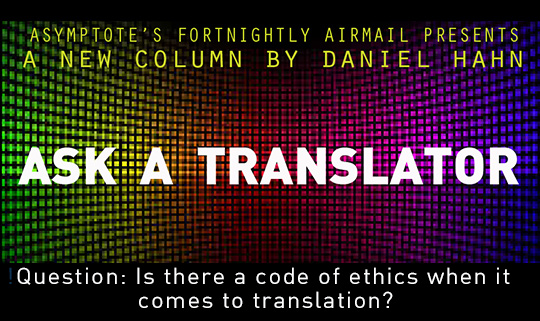The translations of Mayada Ibrahim are essential acts of cultural mediation. Moving between Arabic and English, she brings a nuanced, discerning sensitivity to champion voices from Arabophone Africa, from co-translating award-winning novels like Abdelaziz Baraka Sakin’s Samahani (Foundry Editions, 2024) to inaugurating the Anglophone debut of Najlaa Eltom. Rooted in her Sudanese heritage and diasporic experience, Ibrahim’s work has consistently centred Black subjectivity. In doing so, she has contributed to expanding the range of Arabic writings available in the Anglosphere, illustrating a resolute commitment to bringing the philosophical and political heft of voices like Eltom, Sakin, and Stella Gaitano to the forefront.
Ibrahim sees translation not as a duty to educate, but as a creative responsibility to honour the original text and its culture. ‘I try to resist the notion that educating the reader is my responsibility, as it’s harmful to treat readers as passive, disengaged consumers hungry for entertainment dressed up as instruction,’ she confesses. Thus, she navigates through difficult ethical terrains, from interpreting the Sufism in Eltom’s work for a Western gaze, to maintaining the sharp wit in Sakin’s narratives of enslavement.
In this interview, I spoke with Ibrahim on her corpus as translator, the ethical tightrope of rendering politically charged texts for an Anglophone audience, and what she envisions for an Arabophone African literary canon.
Alton Melvar M Dapanas (AMMD): Trace Press is set to publish your book-length translation of prose and poetry by Sudanese translator and poet Najlaa Eltom. Could you tell us a little of how this book came to be? Is this selected from her earlier Arabic-language collections – منزلة الرمق (The Doctrine of Thinness, 2007), الجريمة الخالدة ذات الأقراط (The Immortal Felony with Earrings, 2019), and ألحان السرعة (Melodies of Speed, 2021)—or does it feature entirely new material?
Mayada Ibrahim (MI): In 2023, I took a free workshop offered by Trace Press, to which I brought one of Najlaa’s poems. The workshop later culminated in the anthology Arabic, between Love and War, published earlier this year, and in the process, I was fortunate enough to meet the publisher Nuzhat Abbas, who showed interest in Najlaa’s work. Later we decided to collaborate on Najlaa’s collection, her first into English, which will be the first part of an ‘active archive’ on Sudan. READ MORE…


